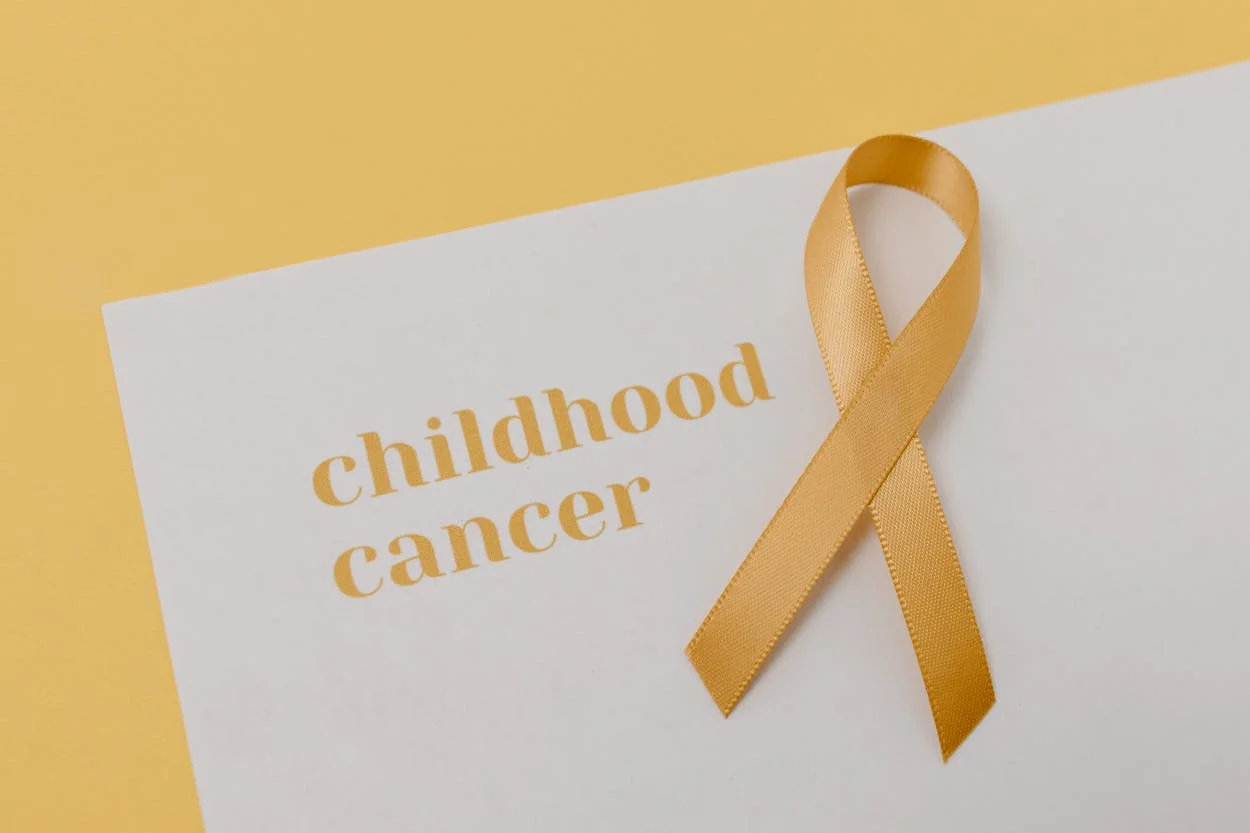
Lantern Pharma Inc. (NASDAQ: LTRN), an AI-driven biotech company focused on developing targeted cancer therapies through its proprietary RADR® AI and machine learning platform, announced that the FDA has granted it three Rare Pediatric Disease Designations (RPDD). These designations cover malignant rhabdoid tumors (MRT), rhabdomyosarcoma (RMS), and hepatoblastoma, which are rare and severe pediatric cancers.
“Our mission at Lantern is to leverage AI and data to revolutionize cancer drug development, reducing costs, speeding up timelines, and increasing precision,” said Panna Sharma, CEO and President of Lantern Pharma. “The recent identification of three additional high-potential indications for LP-184 in pediatric cancers highlights our progress. We believe in the power of ‘AI for good,’ and it should focus on both blockbuster treatments and rare, often overlooked pediatric conditions. The FDA’s designation for these programs validates our commitment. We know that patients and families depend on innovators like us to accelerate the development of effective therapies. These designations are a critical step in expanding our pediatric portfolio and addressing these devastating cancers.”
The FDA defines rare pediatric diseases as life-threatening conditions primarily affecting children under 18, with fewer than 200,000 cases in the U.S. A key benefit of receiving an RPDD is the potential for a priority review voucher following the approval of a drug for an RPDD condition, provided certain conditions are met. These vouchers can reduce the standard FDA review time for new drug applications (NDAs) from around ten months to six. They are also valuable assets, often selling for as much as $100 million USD.
Lantern’s drug candidate, LP-184, has demonstrated preclinical efficacy across a variety of solid tumors and has earned multiple orphan and rare pediatric disease designations. Currently, LP-184 is undergoing a multi-center Phase 1A clinical trial expected to include 50 to 60 patients across a range of solid tumors. Depending on the trial’s outcomes, Lantern plans to develop future clinical studies for pediatric patients with ATRT, MRT, RMS, and hepatoblastoma.





